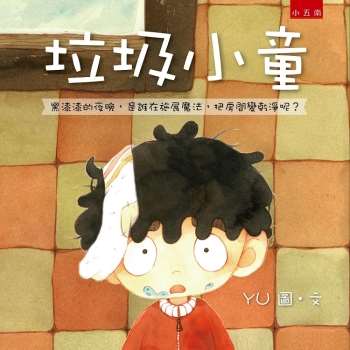Risk in Children’s Adventure Literature examines the way in which adults discuss the reading and entertainment habits of children, and with it the assumption that adventure is a timeless and stable constant whose meaning and value is self-evident. A closer enquiry into British and American adventure texts for children over the past 150 years reveals a host of complexities occluded by the term, and the ways in which adults invoke adventure as a means of attempting to get to grips with the nebulous figure of ’the child’. Writing about adventure also necessitates writing about risk, and this book argues that adults have historically used adventure to conceptualise the relationship between children and risk: the risks children themselves pose to society; the risks that threaten their development; and how they can be trained to manage risk in socially normative and desirable ways. Tracing this tendency back to its development and consolidation in Victorian imperial romance, and forward through various adventure texts and media to the present day, this book probes and investigates the truisms and assumptions that underlie our generalisations about children’s love for adventure, and how they have evolved since the mid-nineteenth century.
| FindBook |
有 1 項符合
Risk in Children’s Adventure Literature的圖書 |
 |
Risk in Children’s Adventure Literature 作者:McCausland 出版社:Routledge 出版日期:2024-05-31 語言:英文 規格:精裝 / 240頁 / 普通級/ 初版 |
| 圖書館借閱 |
| 國家圖書館 | 全國圖書書目資訊網 | 國立公共資訊圖書館 | 電子書服務平台 | MetaCat 跨館整合查詢 |
| 臺北市立圖書館 | 新北市立圖書館 | 基隆市公共圖書館 | 桃園市立圖書館 | 新竹縣公共圖書館 |
| 苗栗縣立圖書館 | 臺中市立圖書館 | 彰化縣公共圖書館 | 南投縣文化局 | 雲林縣公共圖書館 |
| 嘉義縣圖書館 | 臺南市立圖書館 | 高雄市立圖書館 | 屏東縣公共圖書館 | 宜蘭縣公共圖書館 |
| 花蓮縣文化局 | 臺東縣文化處 |
|
|
圖書介紹 - 資料來源:博客來 評分:
圖書名稱:Risk in Children’s Adventure Literature
內容簡介
作者簡介
Eleanor McCausland is currently Senior Lecturer of English Language Literature at Oslo University. She received her Ph.D. in English Literature at the University of York, UK. Her most recent publications include Malory’s Magic Book: King Arthur and the Child, 1862-1980. Boydell & Brewer, 2019, and ’"Something Which Every Boy Can Learn" Accessible Knightly Masculinities in Children’s Arthuriana, 1903-1911.’ In Martial Masculinities: Experiencing and Imagining the Military in the Long Nineteenth Century, ed. Michael Brown, Anna Maria Barry and Joanne Begiato (Manchester University Press, 2019).
|









